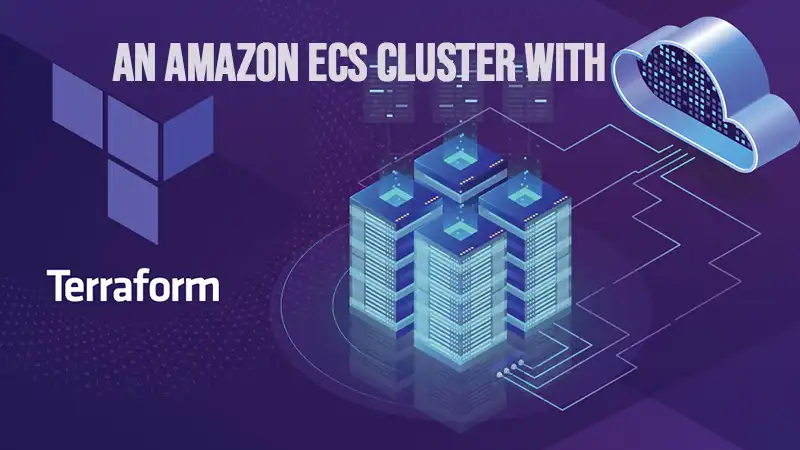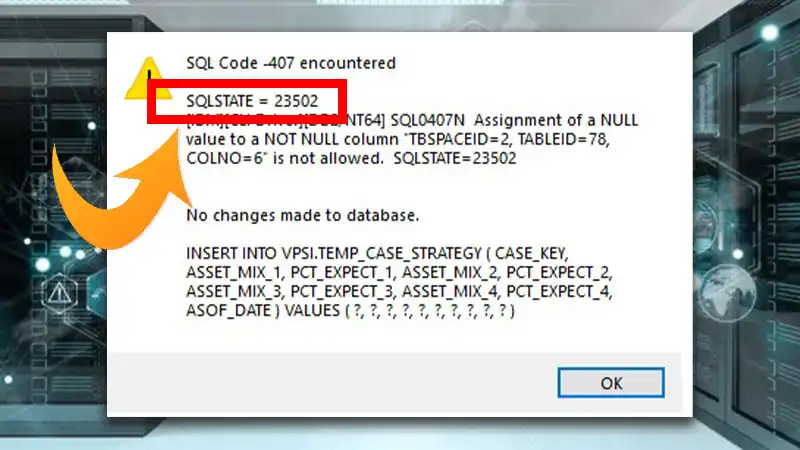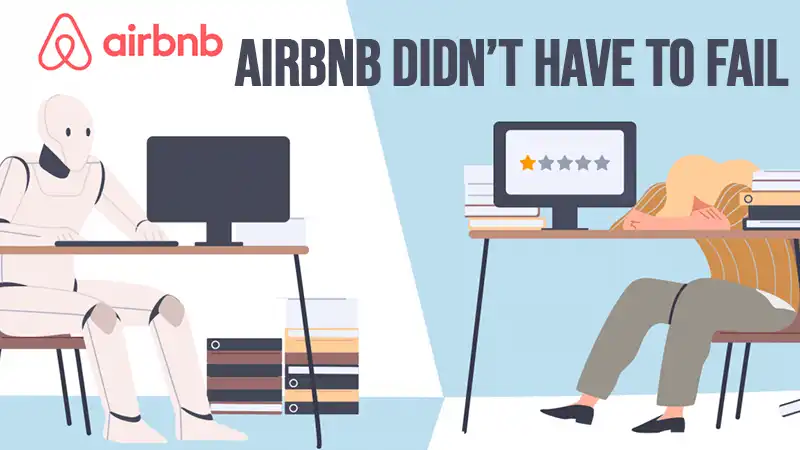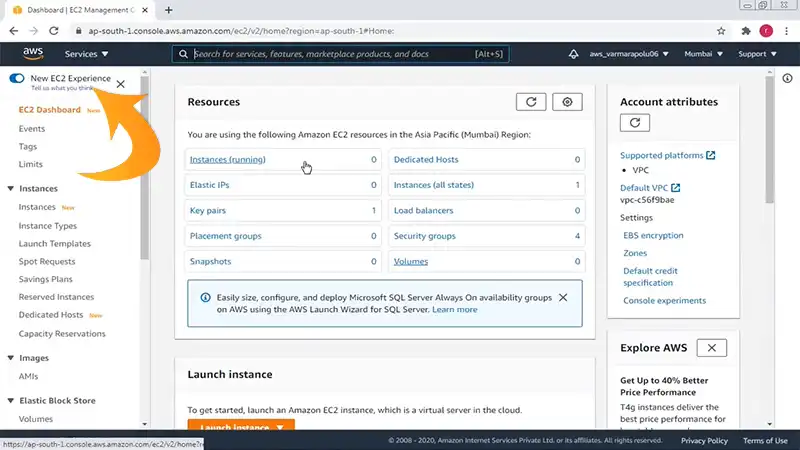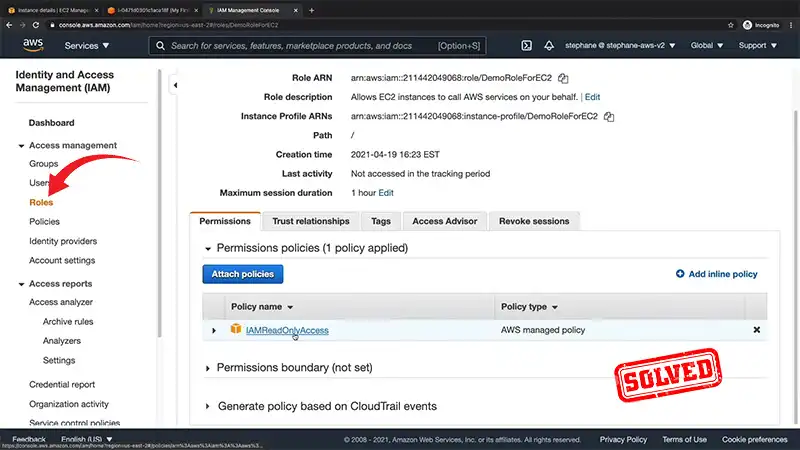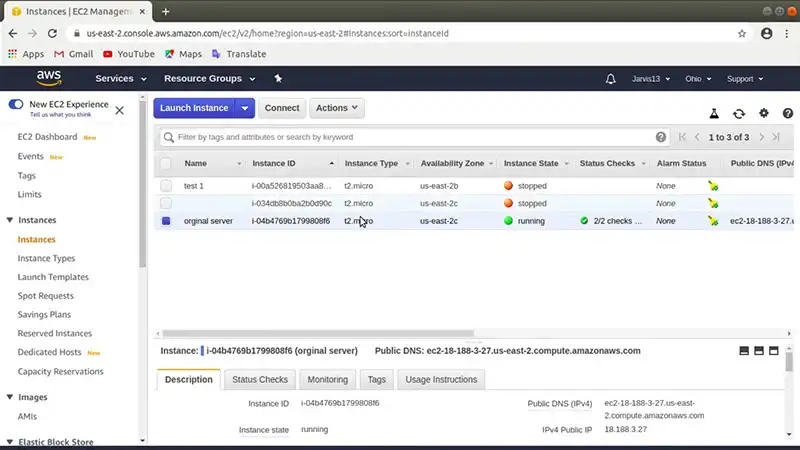Is Automation Killing Old-School operations?
I was shocked to find this article on ReadWrite: The Truth About DevOps: IT Isn’t Dead; It’s not even Dying. Wait a second, do people really think this?
Truth is I have heard whispers of this before. I was at a meetup recently where the speaker claimed “With more automation, you can eliminate ops. You can then spend more on devs”. To an audience of mostly developers & startup founders, I can imagine the appeal.
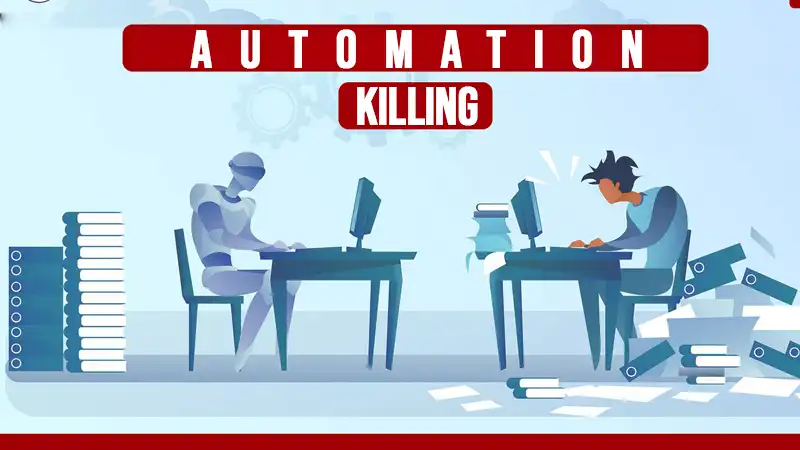
Does Less Ops Mean More Devs?
If you’re listening to a platform service sales person or a developer who needs more resources to get his or her job done, no one would be surprised to hear this. If we can automate away managing the stack, we’ll be able to clear the way for the real work that needs to be done!
This is a very seductive perspective. But it may be akin to taking on technical debt, ignoring the complexity of operations and the perspective that can inform a longer view.

Puppet Labs’ Luke Kanies says “Become uniquely valuable. Become great at something the market finds useful.”. I couldn’t agree more.
Read: Are SQL Databases Dead?
What Happens When Developers Leave?
I would argue that ops have a longer view of the product lifecycle. I for one have been brought into many projects after the first round of developers has left, and teams are trying to support that software five years after the first version was built.
That sort of long-term view, of how to refresh performance, and revitalize code is a unique one. It isn’t the “building the future” mindset, the sexy products, and the disruptive first mover “we’re changing the world” mentality.
It’s a stodgier & more conservative one. The mindset is of reliability, simplicity, and long-term support.
Also: How to hire a developer that doesn’t suck
What’s Your Mandate?
From what I’ve seen, devs & ops are divided by a four letter word.
That word I believe is “risk”. Devs have a mandate from the business to build features & directly answer to customer requests today. Ops have a mandate to reliability, working against change, and thinking in terms of making all that change manageable.
Different mandates mean different perspectives.
Related: What is Devops & why is it important?
Can Infrastructure Live as Code?
Puppet along with infrastructure automation & configuration management tools like Chef offer the promise of fully automated infrastructure. But the truth is much much more complex. As typical technology stacks expand from load balancer, webserver & database, to multiple databases, caching server, search server, puppet masters, package repositories, monitoring & metrics collection & jump boxes we’re all reaching a saturation point.
Yes, automation helps with that saturation, but ultimately you need people with those wide-ranging skills, to manage the complex web of dependencies when things fail.
And fail they will.
Check out: Why are MySQL DBA’s and ops so hard to find?
ORM’s And Architecture
If you aren’t familiar, ORM’s are a rather dry sounding name for a component that is regularly overlooked. It’s a middleware sitting between application & database, and they drastically simplify developers lives. It helps them write better code and get on with the work of delivering to the business. It’s no wonder they are popular.
But as Ward Cunningham elloquently explains, they are surely technical debt that eventually must get paid. Indeed.
Conclusion
There is broad agreement among professional DBA’s. Each query should be written, each one tuned, and each one deployed. Just like any other bit of code. Handing that process to a library is doomed to failure. Yet ORM’s are still evolving, and the dream still lives on. And all that because devs & ops have a completely different perspective. We need both of them to run modern Internet applications. Let’s not forget folks.
